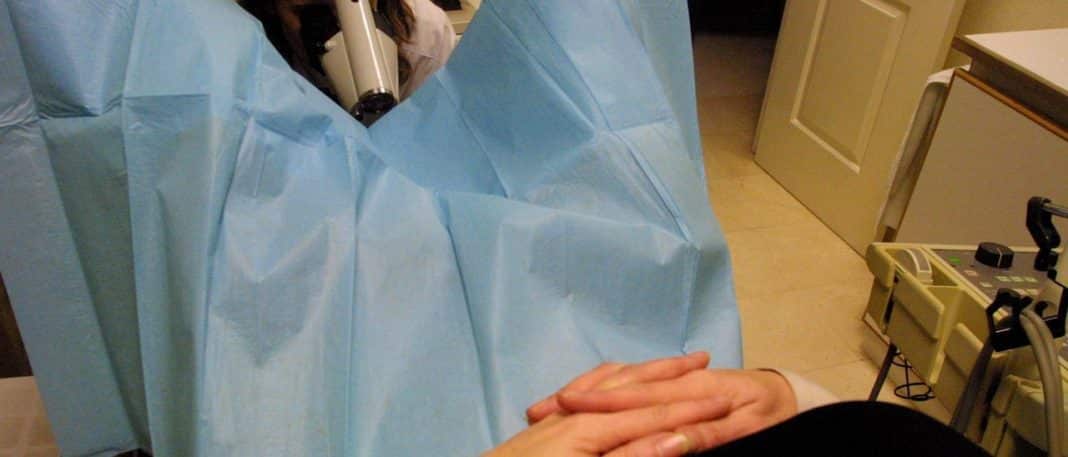The Valencia Ministry of Health will extend cancer screening for the detection of cervical cancer this year.
The plan is that all women in the Valencian Community between the ages of 25 and 65 will receive an invitation to undergo tests that allow early diagnosis of cervical cancer. The implementation will begin between the end of 2022 and the beginning of 2023, and the coverage will be progressively extended, according to the Ministry.
Until now, the cervical cancer detection system is by performing vaginal smears either at the request of the woman herself or taking advantage of the visit to the obstetrics service. Pap smear is indicated between the ages of 25 and 65, every three years.
“The new protocol systematises cervical cancer detection screening so that all women between the ages of 25 and 65 receive an invitation to participate. It is the same formula that we already have implemented in the early detection of breast cancer”, explains the Minister of Universal Health and Public Health, Ana Barceló.
Systematised screening, “included in the portfolio of services of the national health system, and in accordance with scientific recommendations”, will combine two types of tests based on age. Those who are between 25 and 34 years old will receive an invitation to go to the health centre to have a vaginal cytology (which diagnoses cellular alterations indicative of cancer). For their part, women between the ages of 35 and 65 will receive a kit to take a vaginal sample that will be used to detect the presence of the human papilloma virus. It is a self-test similar to the self-sampling that is already used in colon cancer screening.
The different tests are explained because persistent human papilloma infection is the most frequent cause of cervical cancer in women who have not been vaccinated against this virus. In fact, 80% of sexually active people have contact with the human papillomavirus throughout their lives and most are unaware that they are carriers. The infection remits spontaneously in the first two years in most cases, but persistent infection with high-risk genotypes can cause cancer (prevalence is 10.7-14.3%). Between 18 and 25 years of age, 29% of cases are low risk, and between 56 and 65 years of age, 7% correspond to high-risk genotypes. For this reason, the human papillomavirus vaccine is included in the immunisation schedule for 12-year-old girls.
In addition, a qualitative study has been carried out with women from the Valencian Community to elucidate which self-collection model would maximize participation in screening. Alternatives are also studied for those people who do not want or cannot do the test themselves.
The implementation of population screening for cervical cancer will be carried out progressively, starting between the end of this year and the beginning of 2023, so that by 2029, understood as an invitation to participate, will approach 100%. The objective is to reproduce the benefits obtained with breast cancer screening, implemented 30 years ago.
In the Valencian Community, around 259 new cases of cervical cancer are registered each year, with an incidence rate (adjusted to the European population) higher than that of Spain (9.8 cases per 100,000 women), according to the latest available data.
To make this type of cancer visible and raise awareness about the importance of preventing it, every March 26th, World Cervical Cancer Prevention Day is commemorated.





